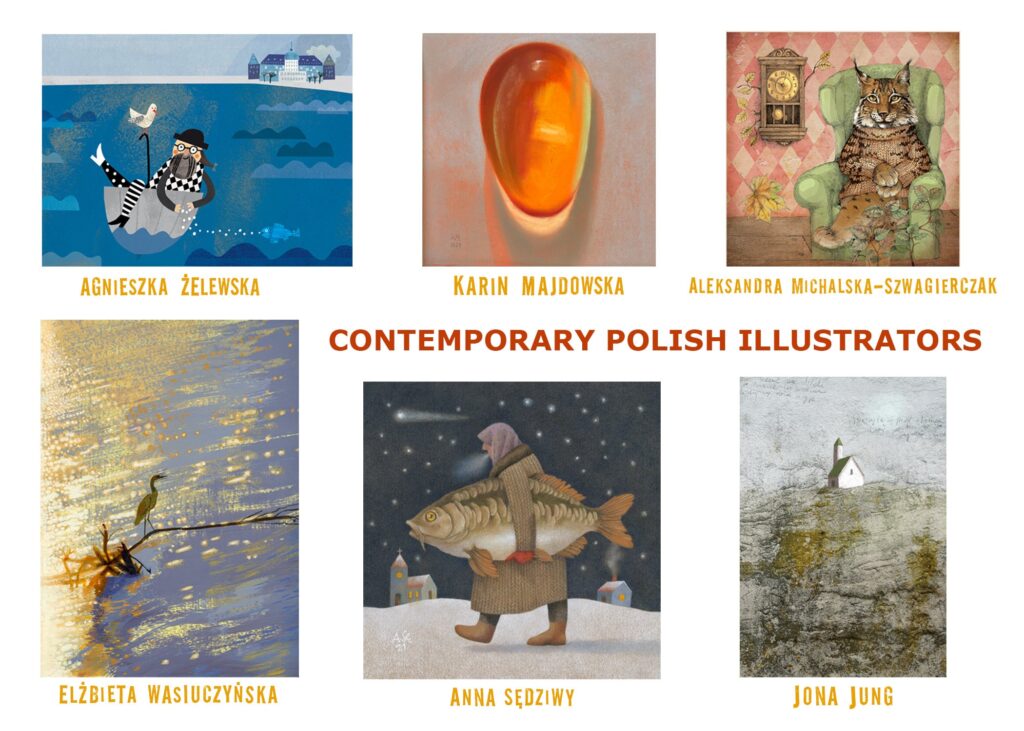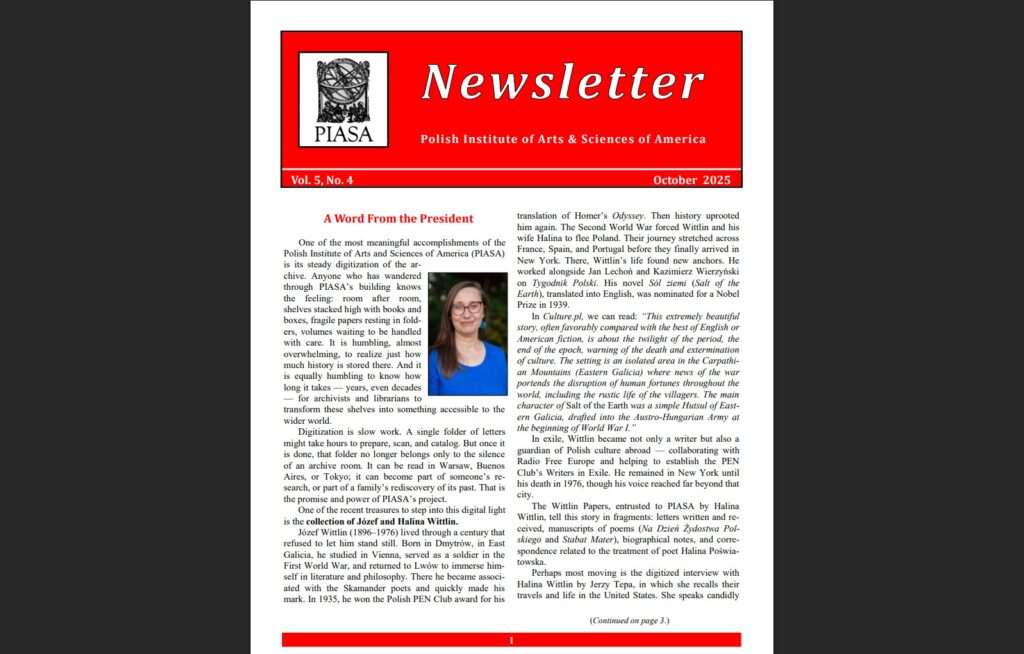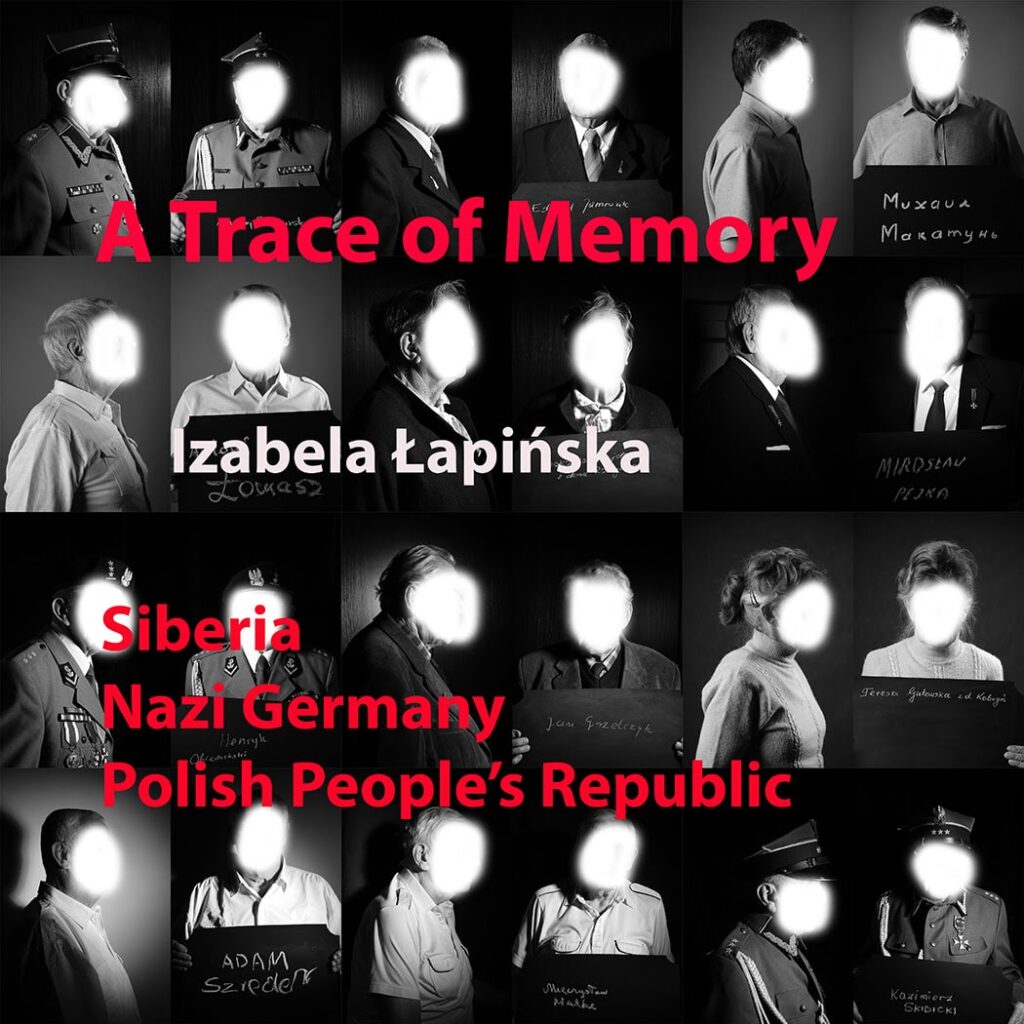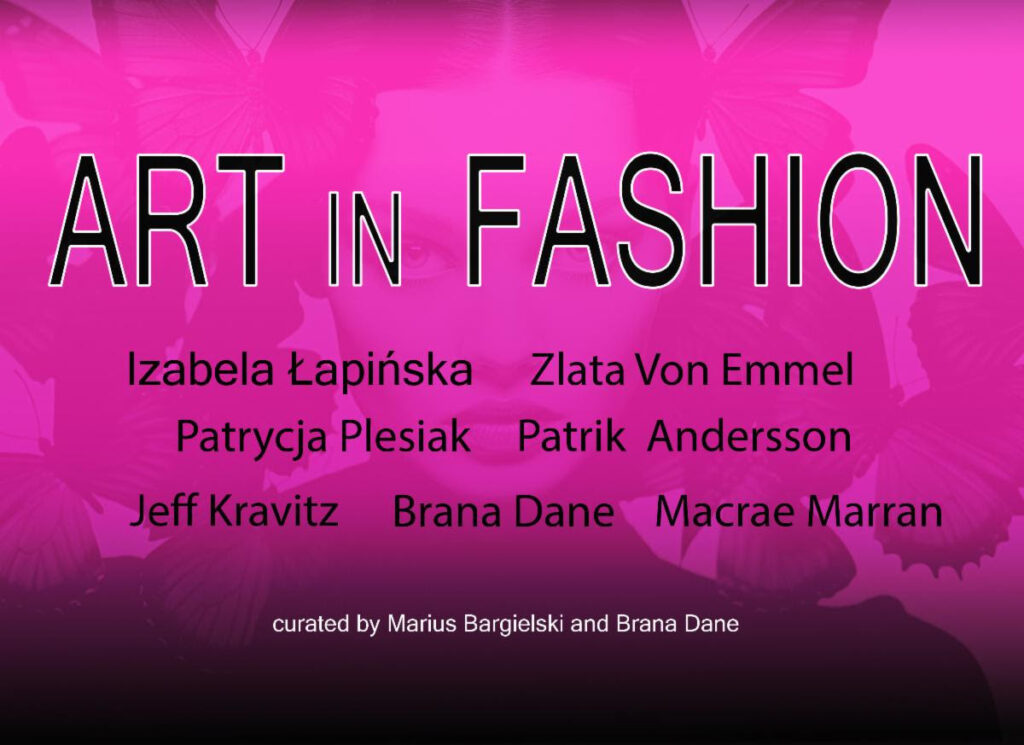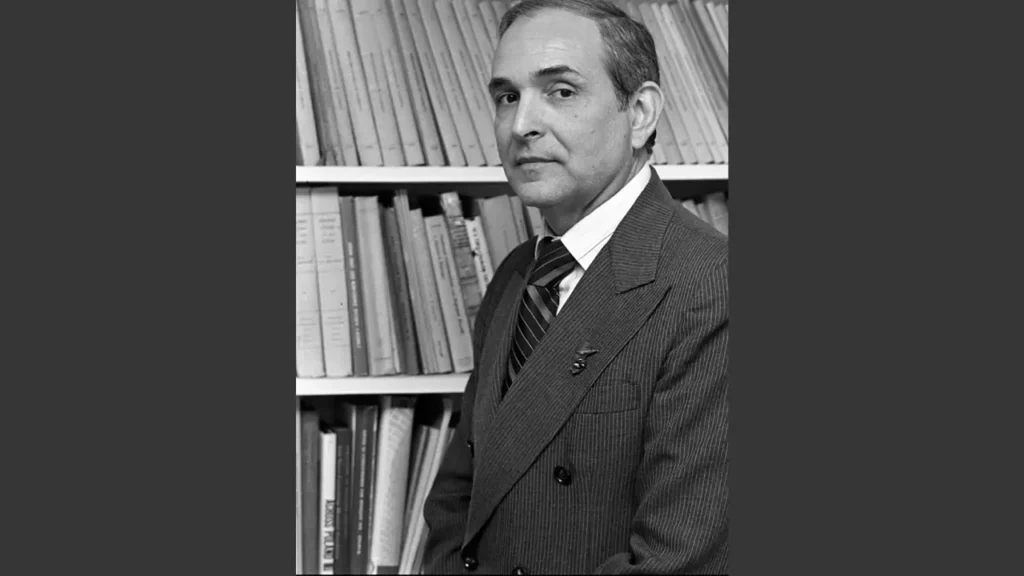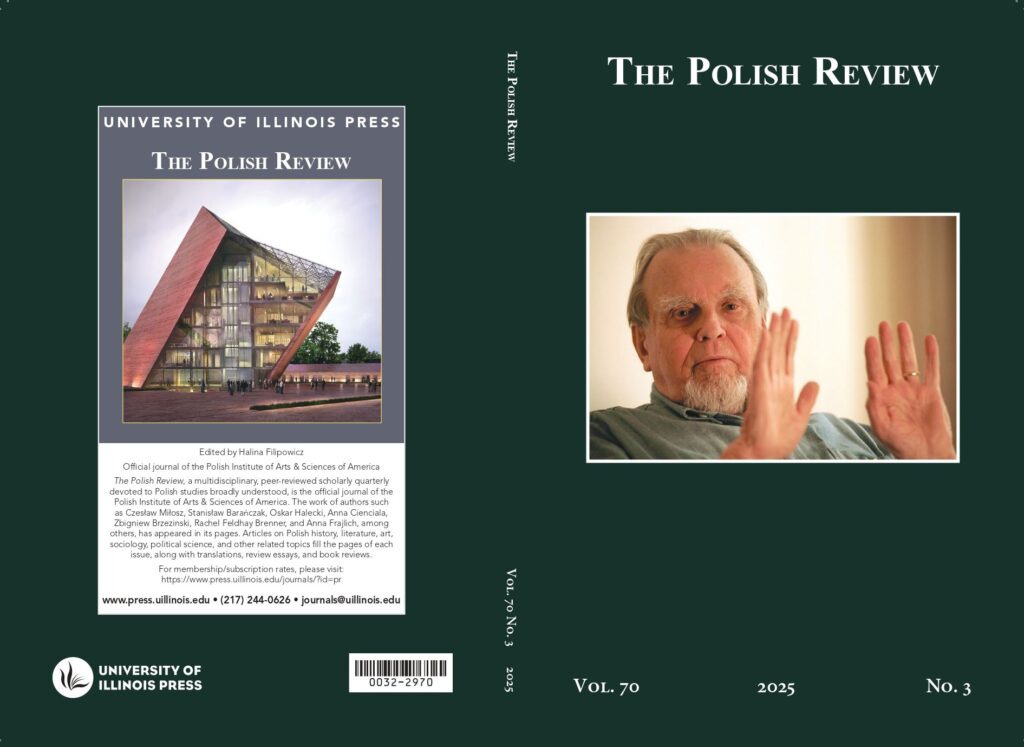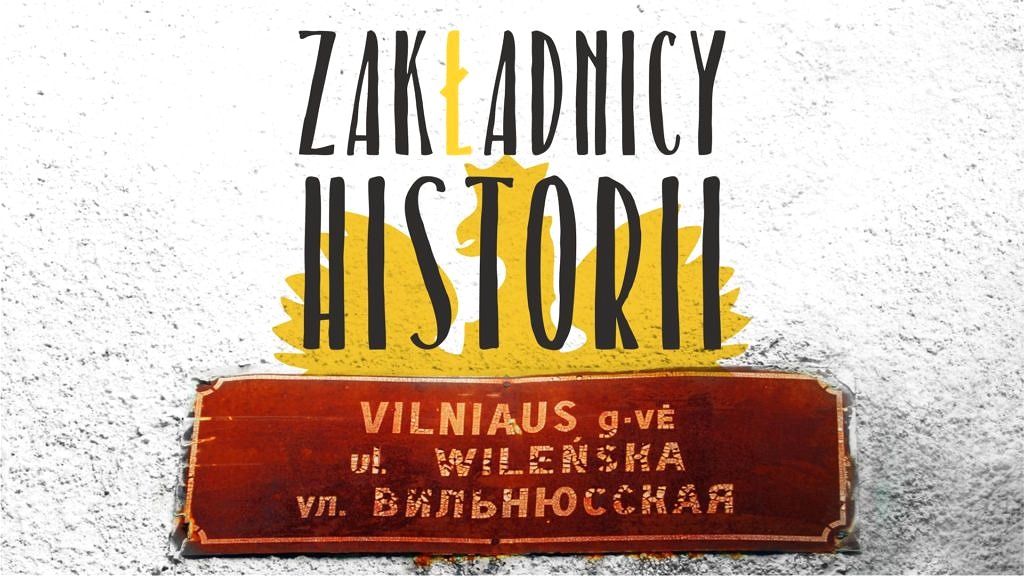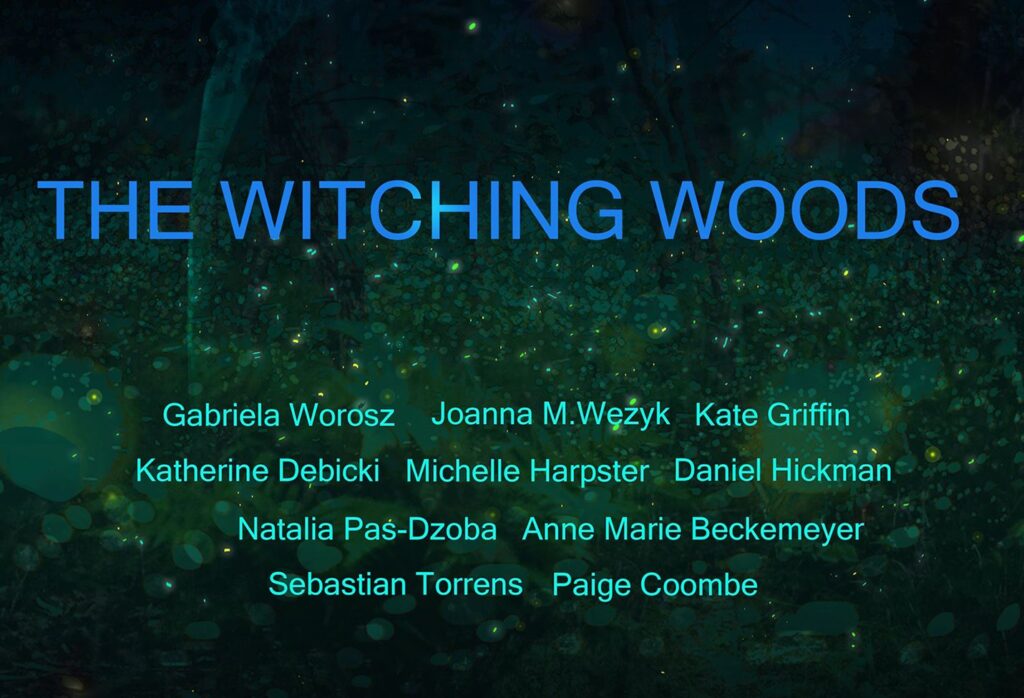2025 PIASA Award Recipients
PIASA Latest News about us MEMBERSHIP CONFERENCES AWARDS PUBLICATIONS current events WEBINARS CONTACT 2025 PIASA Award Recipients The Casimir Funk Award in the Natural Sciences: Dr. Krzysztof Górski, Secretary General, Nicholaus Copernicus Academy, Warsaw. The Tadeusz Sendzimir Award in the Applied Sciences: Dr. Teresa J. Bandosz, Distinguished Professor of Chemistry, The City College of New York. The Karol Pilarczyk Foundation Award to Promote Democracy and the Rule of Law: Ms.Anna Husarska, writer, journalist and activist, and Leszek Jażdżewski, Founder and Editor-in-Chief, “Liberté!” (co-recipients). The Ludwik Krzyżanowski Polish Review Best Article Award: Dr. Colin P. Neufeldt, Concordia University of Edmonton and Dr. Wojciech Marchlewski, the Mazovian Museum in Płock, for “Escape to Freedom and Return to Bondage: A Case Study of the Flight of Mennonites from Deutsch Wymyschle and Gąbin, Poland, in Early 1945” published in The Polish Review Vol. 69, No.3, 2024. Honorable Mention: Dr. Andrzej Pieczewski, University of Łódź, and Dr. Aliaksandra Sidarava, Polish Academy of Sciences, Warsaw, for “The Polish Diaspora in Belarus: Functioning under the Lukashenko Regime,” published in The Polish Review, Vol. 69, no. 3 (2024). The Oskar Halecki Polish and East-Central European History Award: Dr. Jacob Flaws, Kean University, for Spaces of Treblinka: Retracing a Death Camp (Lincoln, NE: University of Nebraska Press, 2024). The Bronisław Malinowski Award in the Social Sciences: Dr. Agnieszka Pasieka, University of Montreal, for Living Right: Far-Right Youth Activists in Contemporary Europe (Princeton, NJ: Princeton University Press, 2024). The Wacław Lednicki Award in the Humanities: Dr. Anna Parkitna, Institute of Art, Polish Academy of Sciences, for Opera in Warsaw: A City of the European Enlightenment (New York: Cambridge University Press, 2024). Honorable Mentions: Dr. Elżbieta Ostrowska, University of Łódż, for ReFocus: The Films of Agnieszka Holland (Edinburgh: Edinburgh University Press, 2024) and Dr. Karen Underhill, University of Illinois, Chicago, for Bruno Schulz and Galician Jewish Modernity (Bloomington: Indiana University Press, 2024). The Rachel Feldhay Brenner Award in Polish-Jewish Studies: Dr. Waitman Wade Beorn, Northumbria University, for Between the Wires: The Janowska Camp and the Holocaust in Lviv (Lincoln: University of Nebraska Press, 2024). The Susanne M. Lotarski Distinguished Achievement Award: Dr. Jan Tomasz Gross, The Norman B. Tomlinson Professor of War and Society (Emeritus), Department of History, Princeton University. Other News Newsletter Vol. 6, No. 1 January 2026 • 30 grudnia, 2025 CONTEMPORARY POLISH ILUSTATORS – Art Exhibition • 12 listopada, 2025 Newsletter Vol. 5, No. 4 October 2025 • 26 września, 2025 „A TRACE OF MEMORY” – Art Exhibition • 16 września, 2025 1 2 3 … 47 Next » Navigation Home About Us membership conferences Awards Publications Archives Library Contact Contact Us 208 East 30th St. New York, NY 10016 +1 (212) 686-4164piasany@gmail.com DONATION Get Connected Facebook-f Instagram Youtube Envelope Co-financed by the Ministry of Culture and National Heritage of the Republic of Poland
2025 PIASA Award Recipients Read More »

